OPINION: One teen’s perspective on Black History
By Sam Kender
Why are some topics considered taboo to mention? Why do some things make people so uncomfortable? In this article I’m going to take a deep dive into a conversation no one seems to want to talk about. Happy Black History Month!
Black history is a complicated and tragic story that has been taught in classes over and over, but are people really getting the full story? Or, are they getting what people want them to think happened? People will take events in history and try to act like it never happened. The same thing has occurred with black history whether we know it or not, starting all the way back to when it first began.
In the beginning, when slavery first started, lies and propaganda were created to make the enslavement of African Americans seem justified. Lies like they needed slavery to become more human and be loved by god, or how their bodies were built for hard labor and they enjoyed being able to work.
Other myths such as the idea that black people were “savage” and not really human were the most popular. They would even get counted together with the same tags white people would use on cattle, demoting them to animals.
Even after slavery ended, African Americans were not free from discrimination. Jim Crow laws were put in place to separate them from their white counterparts, and they almost always got the short end of the stick, still being seen as dirty and not as good as white people. They couldn’t use the same pools, or drink the same water because some people thought that African Americans carried diseases and filth wherever they went. Then, the civil rights movement began, and everything changed. New faces of the African community brought hope and determination to every black person in America that we are all the same. Famous speeches like MLK’s “I Have A Dream ” speech and Fannie Lou Hamer’s “Taking it to the Mountain” encouraged black people to stand up for themselves. After 14 long years of fighting to be equal, African Americans got what they deserved for hundreds of years in the making.
Many other articles like the one I’m writing already exist: the history being ground into everybody’s skull. And, they almost all have the same result – what we did was horrible . . . but it’s over. But is that really how it is? This question starts to unravel the big idea of this article: Why is black history frightening to so many people?
Now what I’m saying may sound odd to some people. “I’m not afraid of black history, I learned about it, I care!” But did you really learn it all? Did you know Martin Luther King Jr. went to jail 29 times? Or, that Malcolm X would stop protests himself if they became too violent? People like to show Malcolm X as the radical “white devil” hater and portray MLK as a Gandhi-like figure of peace. But, in reality, MLK was much more open to using violence than people think. He was fully ok with the idea of “just in case firepower” and owned a lot of guns without a permit before his house got bombed. After that, he tried to get an authorized permit to carry but was denied. While Malcolm X wasn’t about directly attacking; he was about being able to defend yourself if necessary. He was usually quite polite to white people he met and was never just about “Kill the white devils for things to change, ” which is what a lot of people saw him as. Now don’t go thinking, “Oh, so, MLK was the bad one and Malcolm was good.” That’s missing the point. The point is to say that people are usually seen as their biggest moments. MLK is known for his Christian calls for peace and Malcolm is known for being scary. But, a person isn’t just what they can fit on a t-shirt, they are much more complicated than that.
Myths created throughout history still affect people in the African American community today, examples being that people of color are still seen as more threatening and savage and sometimes still are known to be stronger and have “thicker skin,” neither of which is true.
Studies have shown that on average, if an African American person goes to a hospital for an issue, they are more likely to get misdiagnosed. A study done by white medical students in 2016 found that 73% of all the participants believed at least one of the myths about biological differences. In 2015, the US Department of Health and Human Services located various examples of health inequality for POC in the US. This list includes higher blood pressure, lower life expectancy, lower rates of flu vaccines, and a bigger strain on mental health. Another one of the major differences in health care pertains to mental health. On average, the rates are mostly the same, but in certain aspects, there are significant differences. Black males are 4 times more likely to be diagnosed with schizophrenia than white males and are more likely to be given antipsychotics.
Other tests like the ones done by researchers John Paul Wilson, Nicholas Rule, and Kurt Hugenbur, show how black people are still known to be more threatening. These scientists used a series of tests to link people of different races and body types and the potential meaning of it. They asked hundreds of participants to take a man’s inverted face and match it with his body size, how potentially dangerous they could be, and whether using force on them would be justified in an altercation. The results were the same for all tests. If the person there thought the head was a person of color, they saw the body as larger and said they would be more threatening, and said that violence against them would be more acceptable. It showed that even though the white and black men shown were recorded to have almost the same exact body type, the people asked to make the decision would be inclined to say that the heads they perceived to belong to an African American body would be bigger and more threatening.
Now, I could go on and on about specific myths and misinformation that affect black people to this day. But that’s not the point of this article, well, it’s half the point of this article. The other half is to get you thinking why? “So, why didn’t I know these things?’ ‘ You may be asking yourself, well, why didn’t you? You didn’t know because no one told you? You didn’t know because you didn’t listen? For one reason or another, myths about people of color are still widely believed even by people of color themselves. So why? Well, that’s where my opinion comes in, no more facts, just me, sorry!
So, why didn’t anyone know? Well, I think it’s because people are scared of the truth of what they did. Black history is a massacre and a tragedy and it’s upsetting to talk about, and it makes people uncomfortable. So, they try to push it down or glorify times where it was good and peaceful and talk about when it all ended but skim past what happened leading up to it. Important parts of African history get rejected for a simpler, more digestible version, which people are happier to learn about and look at. People are still immediately judged based on color no matter how many people say they don’t see color. I think everybody should see color; it’s a distinction of who we are and what we came from, and we can’t just sweep it under the rug and pretend like it never happened.
People who say they don’t see color like to think that everyone is the same, equal, and that we all have privilege, which is the same as saying everyone is white. We are not white, we are black. Let that sit for a minute. Think about the differences between them, it’s important to know they are there. It’s important to remember the struggles that people of color have had to go through and commemorate how hard they have all fought, and are still fighting today. It’s important because it’s history, Black history, and if we ignore history then it has the chance to repeat itself. But if we embrace it, understand that it happened, how it happened, why it happened. Then we have a chance to learn from it, grow from it, and make sure it never happens again.
Sources
Lopez, German. “Study: People See Black Men as Larger and More Threatening Than Similarly Sized White Men.” Vox, 17 Mar. 2017, www.vox.com/identities/2017/3/17/14945576/black-white-bodies-size-threat-study.
Rees, Mathieu. Racism in Healthcare: What You Need to Know. 17 Sept. 2020, www.medicalnewstoday.com/articles/racism-in-healthcare#summary.


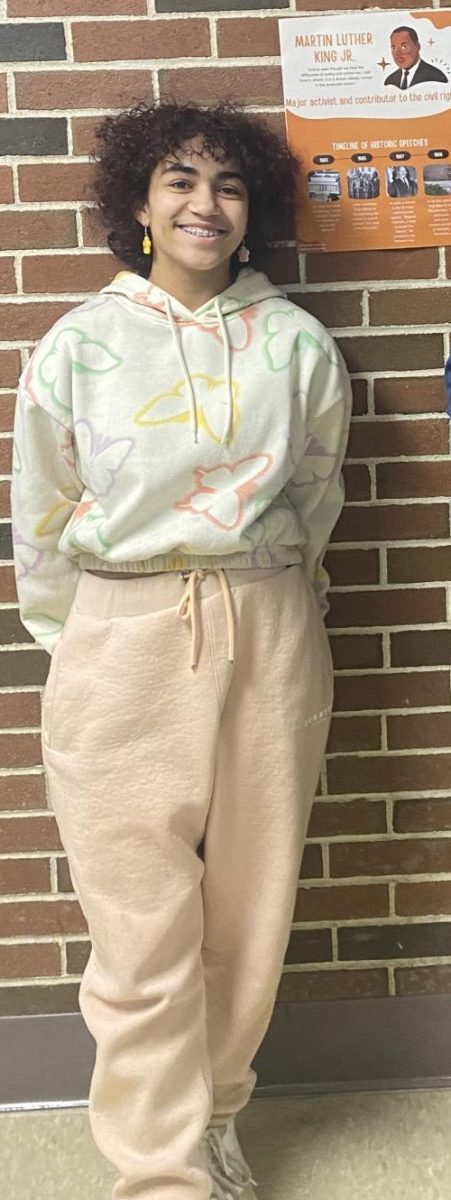


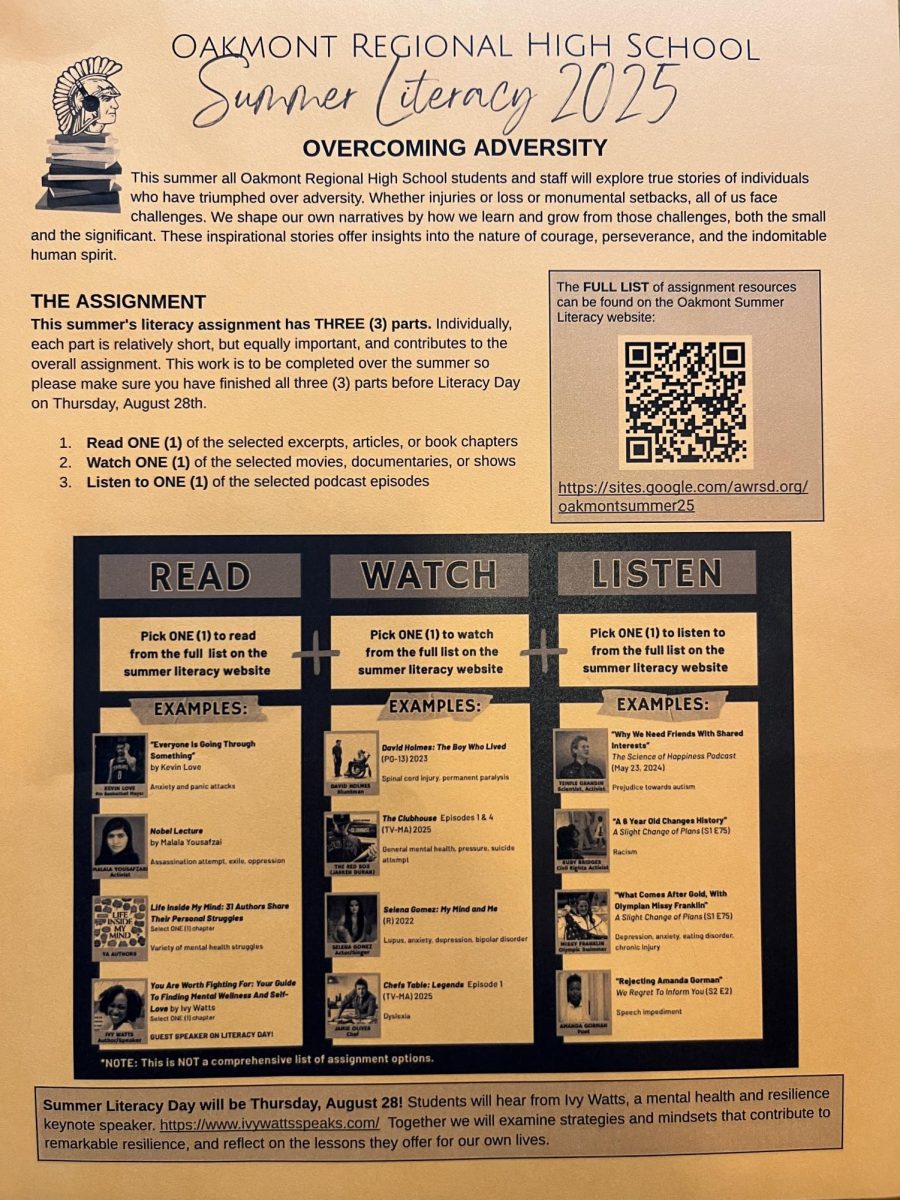

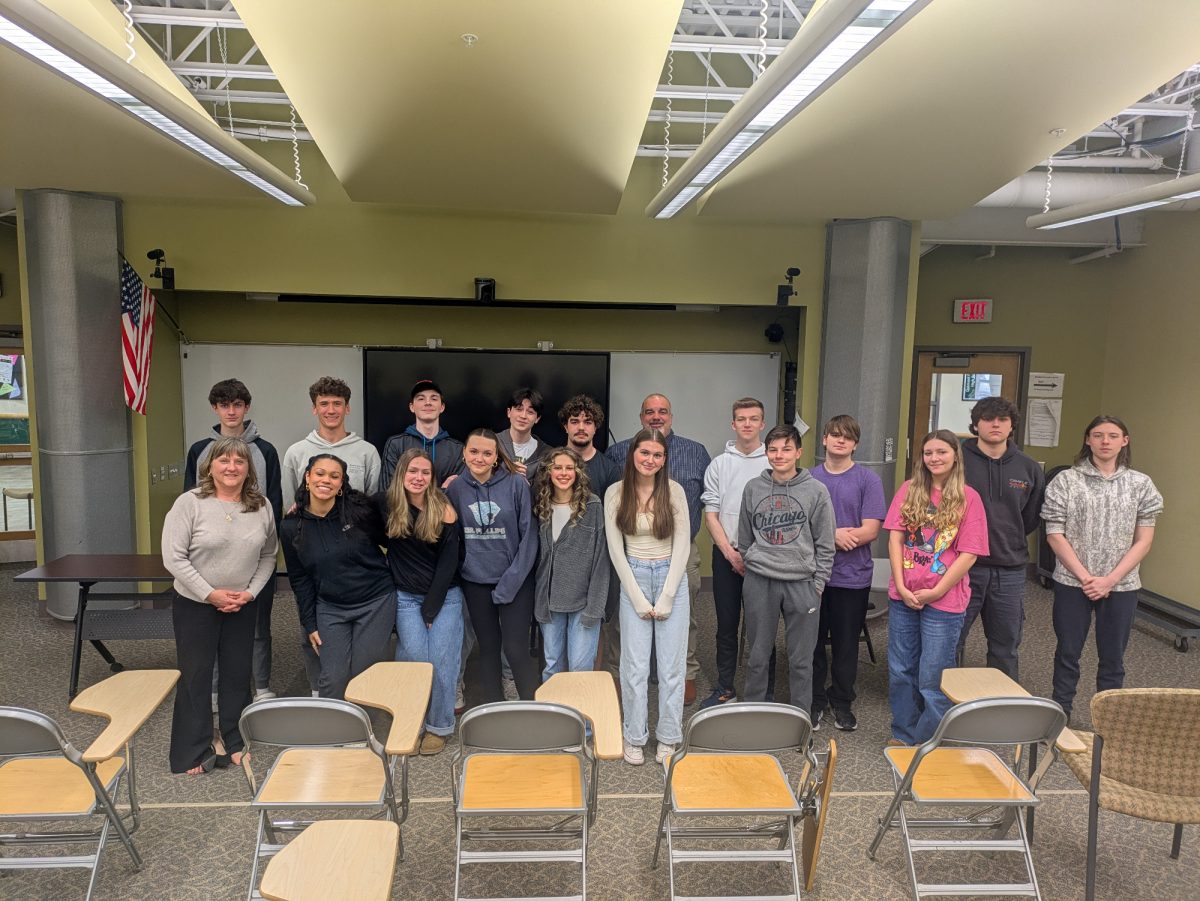

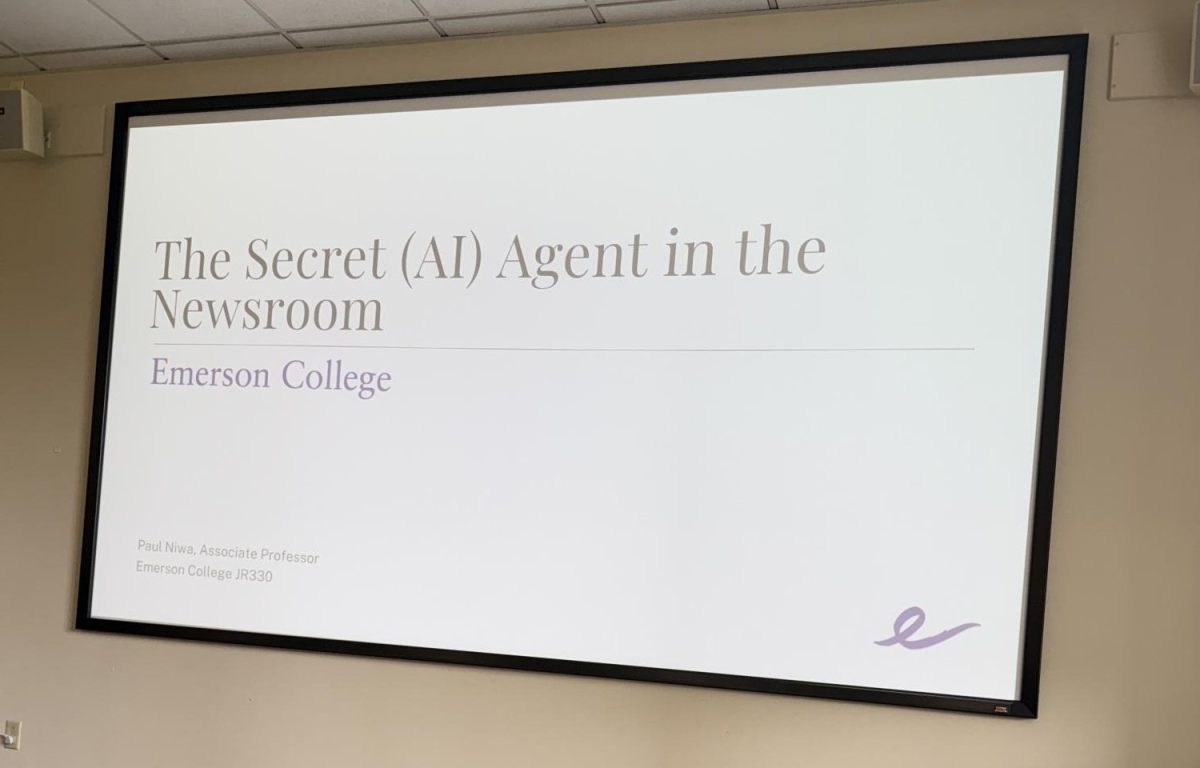
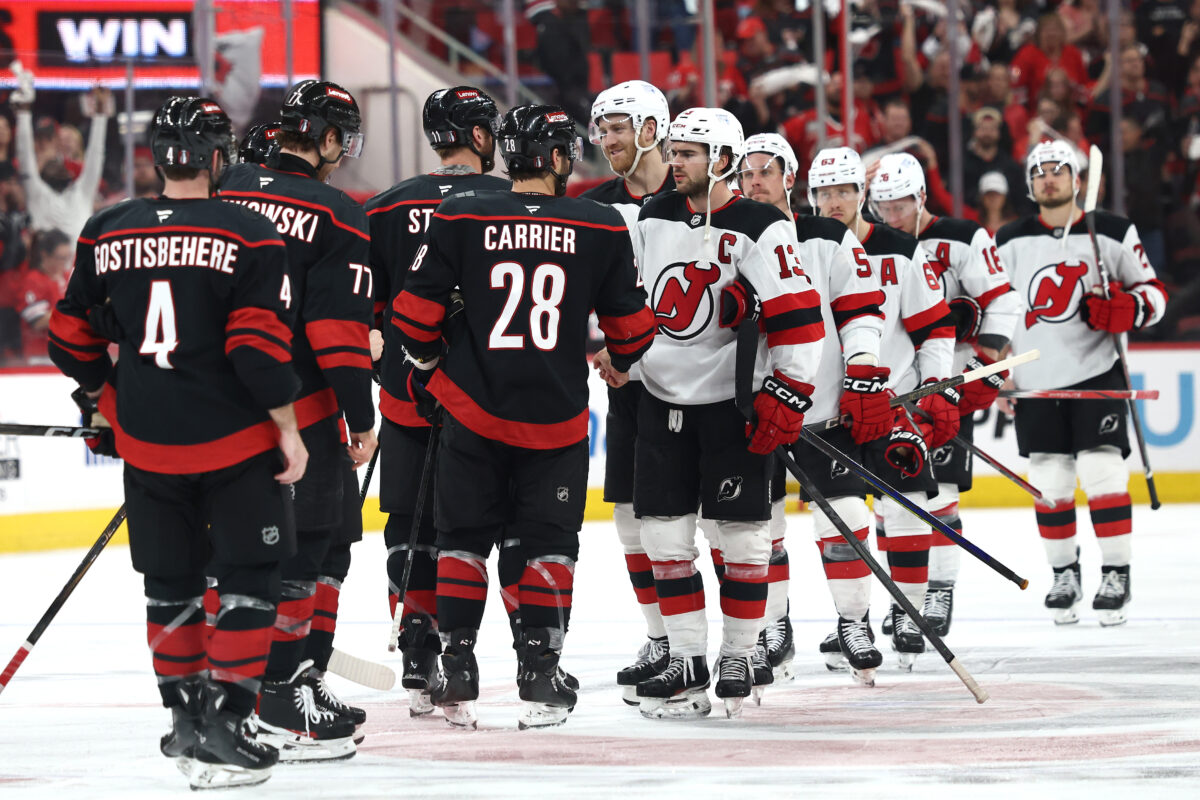




Mayah Graham • Nov 1, 2024 at 9:36 am
This is very well-researched and thorough. It’s a very good article.